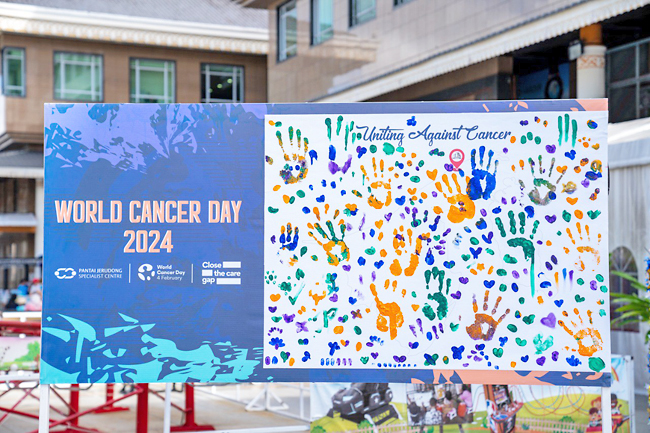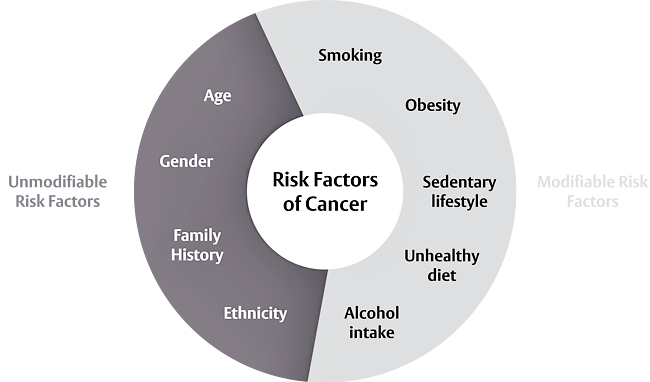World Cancer Day entered its final year carrying the theme ‘Close the Care Gap’ selected for the years 2022-2024.
Over the past three years, Pantai Jerudong Specialist Centre (PJSC) has aimed to shed light on the gaps in cancer care, break down barriers, and unite voices to drive action to reduce the burden of cancer.
A DAY TO RAISE AWARENESS AND SAVE LIVES
Every February 4, World Cancer Day prompts reflection on the importance of increasing awareness and tackling disparities in cancer care on a global scale. Cancer persists as a formidable public health issue worldwide.
Despite advancements in medical science and treatment options, the incidence and mortality rates of cancer continue to climb.
World Health Organization (WHO) projections suggest a staggering increase, with over 35 million new cases forecasted by 2050, representing a 77 per cent surge from the estimated 20 million cases recorded in 2022.
The rising trend in cases underscores the need for efforts to address the health challenge.
UNDERSTANDING THE CAUSES AND RISKS OF CANCER
Various factors contribute to the development of cancer, ranging from modifiable behaviours to non-modifiable genetic predispositions. Modifiable risk factors, such as unhealthy lifestyles characterised by poor diet choices, physical inactivity, and tobacco and alcohol use, play a significant role in increasing cancer liability.
Additionally, exposure to certain infections, including human papillomavirus (HPV), hepatitis B virus (HBV), and hepatitis C virus (HCV), can elevate the risk of developing specific types of cancer. Moreover, occupational hazards in certain industries, such as exposure to carcinogens like asbestos, also contribute to cancer incidence.
WHO data highlights the rise in cancer cases attributable to population-wide exposure to tobacco and alcohol, which are major contributors to lung and liver cancers.
The increasing prevalence of obesity worldwide has been identified as another significant modifiable risk factor associated with various cancers, including breast and colorectal cancer. These findings emphasise the importance of targeted interventions to address modifiable risk factors and reduce the overall burden of cancer.
Among the most prevalent cancers globally are breast, lung, colorectal, and prostate cancer, affecting individuals across diverse populations and geographical regions and contributing substantially to the global cancer burden.
Understanding the interplay between modifiable and non-modifiable risk factors is crucial to develop comprehensive prevention and intervention strategies.
By promoting healthy lifestyles, implementing effective tobacco control policies, and advocating for early screening and detection programmes, the impact of modifiable risk factors can be lessened and reduce the incidence of common cancers worldwide.







